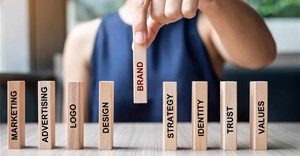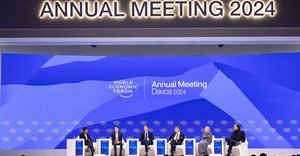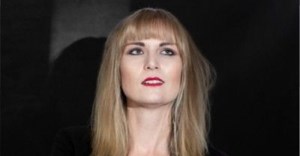Trending
Elections 2024
Jobs
- Show Producer Johannesburg
- Media Production Administrator Cape Town
- Scriptwriter Somerset East
- News Editor Johannesburg
- Mid-Level Sub-Editor Cape Town
- Music and Scheduling Lead Johannesburg
- Media Planner/Buyer Johannesburg
- Videography Intern Cape Town
- Online Managing Editor Johannesburg
- Mid-Level Journalist/Content Manager Assistant Johannesburg
Have we forgotten how to check if it's fake news or fact?

Unfortunately, fact-checking takes effort. Having been a freelance consultant for over six years, the one thing I really miss from my corporate agency life is the free access to so much wonderful data to check my facts. The writing of this piece was incidentally triggered by the discovery of the data that the PRC has made freely available recently through their collaboration with Nielsen in the form of the new PRC dashboard, which got me digging through the data like a girl going through a year-end sale rack. If you have not seen it check it out here.
Reading is alive and well
My point is that I was pretty impressed with the amount of research there was available (for free) on their site, and the things I read got me thinking about how much I am guilty of presuming I know the truth from the snippets of news I see with no context, and what everyone else says, with no fact-checking. So, on the surface, you could say print is dying, but the fact is that reading is alive and well, and people have simply started shifted their favourite reads through from paper to more convenient, cost-effective channels. Here are some interesting facts:
Yes, print has been declining year on year as people have access to so many more channels, and cash is tight. But did you know that the printed circulation went down 11% from 2018 to 2019 but the unique browsers of the publisher sites went up a whopping 40%, or if you like, 28% when divided by the average number of devices people claim to use?
Did you know, that though TV viewership spiked over Covid by 25% and then normalised in July, publisher news sites almost doubled their traffic and have continued at 45% higher levels than pre-Covid (seems other people wanted to ensure what they were reading was fact).
You may not only want to count the reach but reach the people that count. I suspected there was a correlation between print and wealth because readership increases as you move up the SEM scale, but what I didn’t realise is that the reader universe accounts for 65% of the total income in this country, how crazy is that?
Attention is the new economy
Finally, if attention is the new economy it is important to score media consumption accordingly. Kantar set out to reveal this by conducting a study to explore how many other things people were doing when consuming a medium. Not surprisingly, cinema and print came up tops, because they tend to be environments where it is really hard to do anything other than eat at the same time, so the quality of attention when consuming those media is very high.
These were just some of the interesting nuggets I reminded myself of while happily trawling through all the rich information available on the PRC website. The next piece of the puzzle I would love to investigate is how the money, and thus the decision making, is split between traditional strategists and online strategists. My question is; “If a medium such as print should actually be viewed as ‘published brands’ with a printed and online audience, is anyone looking at the whole picture, and seeing the whole truth?”
I will certainly try to be more vigilant at exploring the data and checking my facts, and hoorah to the PRC for making the research and data freely available to people like me.




















